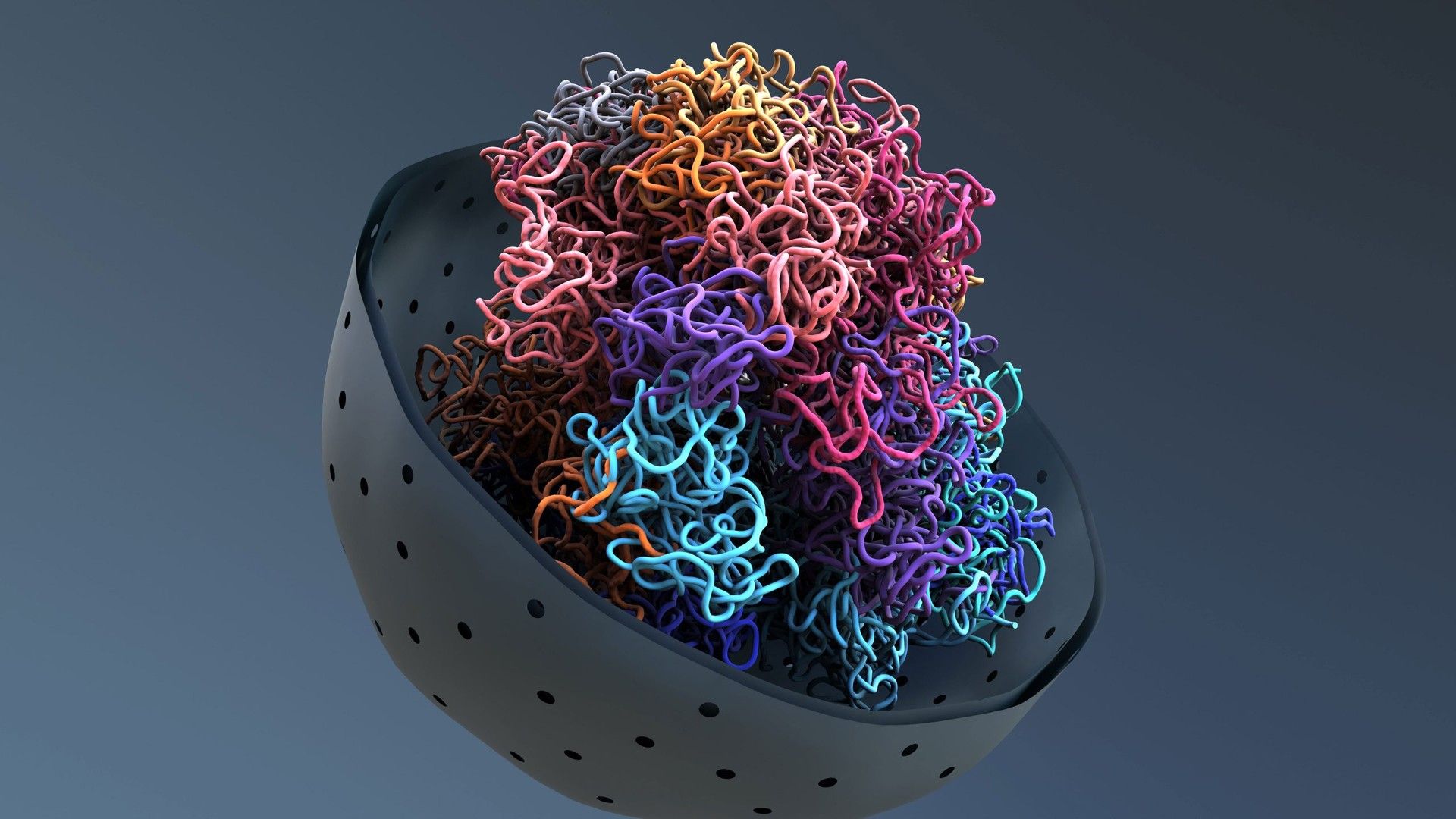Emerging AI technologies have finally made it. AI cancer treatment will be possible soon.
Artificial Intelligence (AI) has made remarkable strides in developing potential cancer treatments in a significantly shorter amount of time than traditional methods. In a study published in the journal Chemical Science, researchers at the University of Toronto and Insilico Medicine employed Pharma.AI, an AI drug discovery platform, to develop a potential treatment for hepatocellular carcinoma (HCC), the most common type of liver cancer.
Using AlphaFold, an AI-powered protein structure database, the researchers discovered a previously unknown treatment pathway for cancer and created a “novel hit molecule” that could bind to the target without assistance. Remarkably, the potential drug was developed in just 30 days from the target selection and synthesizing of just seven compounds.

While any potential drug would still need to undergo clinical trials, the findings of the study underscore the power of AI to revolutionize drug discovery with enhanced speed, efficiency, and accuracy. AI’s capacity to change the drug discovery process is well established, with its predictive capabilities already bringing significant benefits.
Nobel Prize winner in chemistry Michael Levitt commented on the study’s findings:
“Bringing together the predictive power of AlphaFold and the target and drug-design power of Insilico Medicine’s Pharma.AI platform, it’s possible to imagine that we’re on the cusp of a new era of AI-powered drug discovery,”
-Michael Levitt
AI cancer treatment can increase the survival rate of the cancer patients
The paper also explores the potential of AI to improve cancer care by predicting a patient’s survival rate. Using natural language processing (NLP), a part of AI that understands complex human language, a separate study published in the journal JAMA Network Open demonstrated an AI system developed by scientists at the University of British Columbia and BC Cancer, which was able to predict cancer patient survival rates using doctors’ notes.
The NLP can analyze doctors’ notes and identify individual characteristics of each patient, enabling it to predict survival rates accurately. The model was tested using data from 47,625 patients across six BC cancer sites located in British Columbia.

The ability to predict cancer survival rates accurately can provide crucial information to health providers to personalize and optimize a patient’s care, according to Dr. John-Jose Nunez, the lead author of the study.
The use of AI in cancer care could be a game-changer that has the potential to improve patient outcomes worldwide. AI continues to revolutionize the way we approach cancer treatment, making it possible to personalize and optimize patient care and ultimately provide the best possible outcomes.
Lead author Dr. John-Jose Nunez, a psychiatrist and clinical research fellow with the UBC Mood Disorders Centre and BC Cancer, said in a statement on AI cancer treatment:
“The AI essentially reads the consultation document similar to how a human would read it,”
“These documents have many details like the age of the patient, the type of cancer, underlying health conditions, past substance use, and family histories. The AI brings all of this together to paint a more complete picture of patient outcomes.”
-Dr. John-Jose Nunez
How AI information can revolutionize health care?
The integration of AI technology in healthcare has the potential to revolutionize the way we approach the diagnosis and treatment of illnesses. The recent breakthroughs in the field of AI cancer treatment, for example, have paved the way for more efficient and accurate methods of discovering and developing new drugs. Traditional drug discovery methods can be time-consuming, expensive, and may not explore the full range of possibilities.
However, AI-based drug discovery platforms, such as Pharma.AI, can rapidly generate and analyze vast amounts of data to identify potential targets for new drugs.
In addition to drug discovery, AI can also be used to predict patient outcomes and survival rates. By analyzing large datasets and applying machine learning algorithms, AI can identify patterns and relationships that may be missed by human clinicians.

This can lead to earlier detection and intervention, as well as more personalized treatment plans based on a patient’s individual characteristics. As for the AI cancer treatment side of the NLP, Alex Zhavoronkov, founder and CEO of Insilico medicine, said in a statement:
“While the world was fascinated with advances in generative AI in art and language, our generative AI algorithms managed to design potent inhibitors of a target with an AlphaFold-derived structure,”
-Alex Zhavoronkov, founder and CEO of Insilico medicine
As AI technology continues to advance, the potential applications in healthcare are nearly limitless. With the ability to rapidly analyze large datasets, identify patterns and relationships, and develop personalized treatment plans, AI is poised to become an invaluable tool in the fight against the disease.





